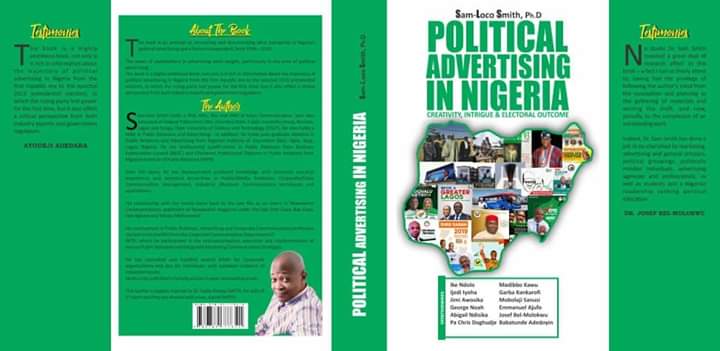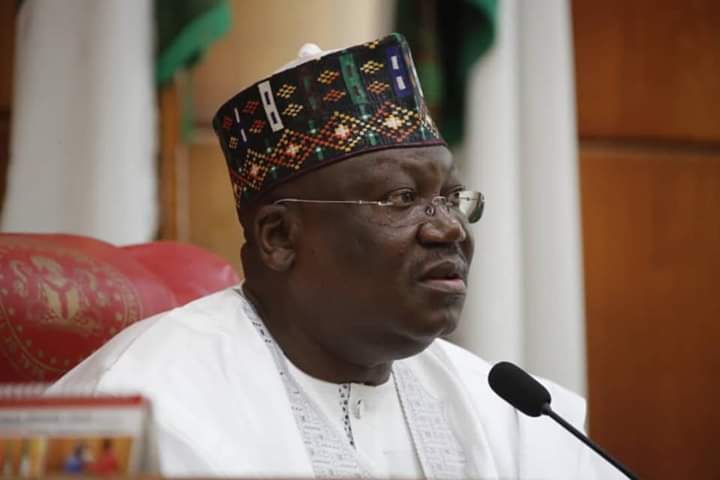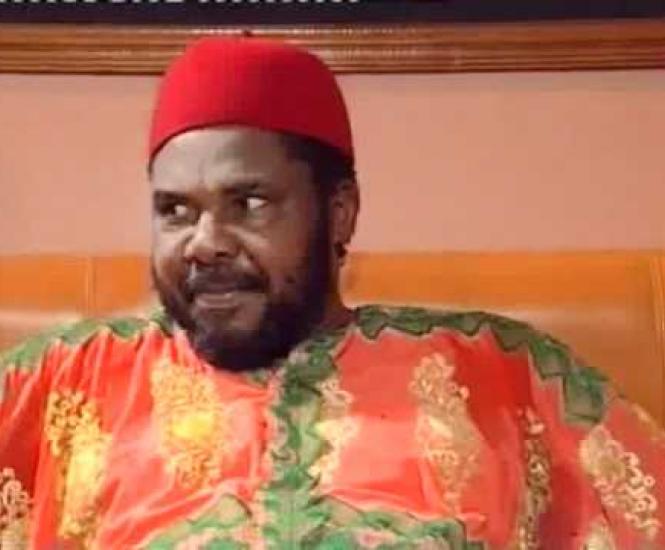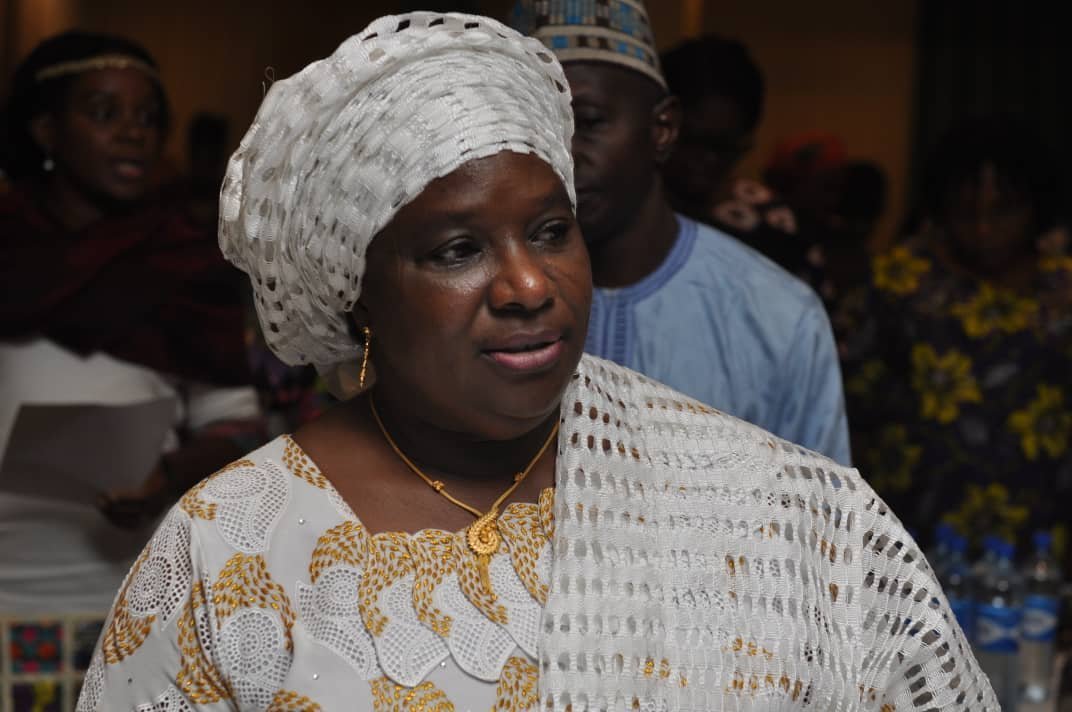By Chidi Amuta
Faceless as it is, the Coronavirus may ultimately turn out a rather political virus. It has thrown up new challenges about the management of life (rate of infection) and death (reducing fatalities). Of all emergencies in recent human history, perhaps this virus has engaged the attention of politicians and world leaders more than anything else.
Its summons is instant and ever urgent. It has even re-written a few national budgets and re-arranged the stock markets of the world at a rate and in ways never before anticipated. On the average, the developed economies of the West are committing anywhere between 8-25% of GDP in emergency intervention to protect their populace from the worst economic hazards of the corona pandemic. Neither the onset of national elections nor even a full fledged war has electrified political leaders into such desperate frenzy as this virus. Hopefully, when it is all over, the coronavirus will have fundamentally redefined politics as the management of resources to meet the expectations of the greatest majority.
The virus may not have discriminated along racial, ethnic, ideological or even national boundaries, yet it is keeping politicians busy justifying their mandates and scoring instant results for their constituencies. Whether we like it or not, the Coronavirus is making a difference among the leaderships of the world. Gradually, it is beginning to emerge as a barometer of efficiency among leaders of nations.
Quite unexpectedly, democracy as the dominant political idiom of our age has come under a testy stress in different places in terms of how different systems have dealt with the corona virus. The critical question in this regard is: can democracy justify its preponderance when leaders are challenged to protect their peoples from an unseen and unexpected situation?
The virus took off in authoritarian China. It devastated a province with an estimated population of 60 million inhabitants, leaving an official casualty figure of 3,312 which is still open to controversy. Yet, that authoritarian state was able to summon its traditional dictatorial ethos to push back the virus with astounding results. It put up four mega hospitals in a few days, tested and treated a record number of cases while locking down and quarantining an area nearly the size of Nigeria. In a matter of weeks, the virus receded, literally chased away by the iron will of a people energised by a determined leadership.
Today, China is healing rapidly and is on the path to reasonable recovery from the virus. China’s rate of recovery from the virus, though still incomplete, remains almost miraculous in a world where the ravages of the pandemic are still unfolding with mounting fatalities. China has returned from 95% business closures to nearly that percentage of resumption. The people of Wuhan, the most affected area, have been summoned out of quarantine and back to life and work. China has learnt the lessons of lockdowns, emergency healthcare research and delivery and returned to work as the largest single producer and exporter of medical goods against the virus. A fortnight ago, Spain ordered $500 million worth of medical resources from China. From all over the world, orders for medical supplies estimated at over $25 billion are being processed and supplied.
No one has heard from North Korea. But the hermit kingdom would seem to have contained the spread of the coronavirus into its iron clad enclave or at least may have managed to contain information about the activities of the virus within its borders. Even the most exaggerated western speculations on the virus in North Korea put the fatality rate at less than 100 mostly among frontier soldiers and service personnel.
Russia, itself an illiberal democracy, has not fared badly either. Despite sharing a common long border with China, Russia has recorded a total of 3,548 cases and only 30 deaths. Its lockdown and social distancing and isolation regime remains one of the most aggressive and draconian in the world.
Meanwhile, the hallmarks of liberal democracy, the United States and Western Europe, have been devastated by Coronavirus. Italy has recorded 13,155 deaths; Spain has lost 9,387, USA has lost 5,112, France has 4,032; Great Britain 2,352 and Germany has lost 931 lives. As of the time of this writing, a plane load of medical equipment and supplies was on its way from Russia to the United States to support the government. The usually boisterous and ebullient Donald Trump has become a bit sobre and somber these days, humbled by an ordinary invisible virus!
But it is not a simple division between democracies and non democracies. It is not even a simple East-West line of demarcation. The younger Asian democracies have fared better than others in managing the virus and its outcomes. South Korea with a population of 51.5 million has had only 144 deaths; Taiwan with a population of 24 million has had only 4 deaths. Singapore, a city- state with a paternalistic political system and a population of 8 million has had only 2 deaths.
One explanation of the relative success of the East Asian young democracies over the older western democracies in managing the coronavirus emergency is the speed and relative efficiency of their bureaucracies. The less cumbersome a bureaucracy, the more speedy they tend to be in their responsiveness to the needs of the people.
However, it would seem that the real distinction among nations in terms of the results they have scored in managing the pandemic may be that between liberal democracies and the illiberal democracies. The distinction is between democracies that observe the full gamut of freedoms and liberties on the one hand and the ones who observe the ritual of elections but constrain the classical freedoms of democracy.
The illiberal democracies tend to reduce their primary obligation to the people to security defined in terms of physical security and security from disease, hunger, deprivation. They place basic freedoms beneath security so defined. In this regard, the illiberal democracies are better able to enforce social distancing, lockdowns and quarantines than the liberal citadels.
So far, not much attention has been paid to the relative low infection and fatality rates in sub Saharan African countries. Our numbers may be dodgy and unscientific. Our testing regimes may be unreliable and clinically deficient. We may not know exactly the rate of infection in Africa yet. But one thing you cannot hide from Africans is mass death and any disease that afflicts people in droves. In rural and crowded poor urban Africa, the coronavirus is yet to make devastating land fall. In a slom, social distancing is alien and foolish. May be it is the heat in our climate. Maybe it is something about the myth of the virus being afraid of hardy black genes except those of black people living like white people in air conditioned large houses. No one knows exactly. But so far, Nigeria with an estimated population of 200 million has less than 200 reported cases and a fatality of less than 3.
For us in Nigeria,however, the coronavirus has more important political meanings and messages. It has thrown up the question of leadership. It is in a time of national emergency that politicians are challenged to display the essential leadership for which they step forward to be elected. The jury is still out on the quality of leadership that the Nigerian federal government has so far provided since the coronavirus surfaced. In spite of the palpable early threats and increasing fatalities in China, Europe and the United states, the Nigerian government was slow in ordering a closure of the nation’s borders to flights and movements of persons from Europe, the United States and parts of Asia. Even when that decision was made, its implementation was haphazard and disorderly.
The psychological aspect of leadership in a national crisis did not seem to interest Abuja. President Buhari was quite reluctant to address the nation on the desperate public health emergency that was already ravaging the world. A cross section of the populace was unanimous in calling on the president to address the nation, to minimally show concern and empathy in the face of an unusual public health emergency. Nigerians needed a reassurance that something was being done to protect them from a clear and present life and death danger. It took that level of orchestration and over three weeks for the president to finally make a recorded broadcast.
Yet such reluctant leadership fell far short of global standards in such an emergency. Over and above a ceremonial national anthem broadcast event, leaders all over the world have mostly entered the trenches to reassure their peoples on a daily basis with facts and figures on what is being done to protect their lives and alleviate the economic hardships attendant on the pandemic. As we speak, Nigerians are still at a loss as to where and how to obtain basic testing for the virus and how to access medical care in the event of an infection. Ignorant state governors are ordering lockdowns without simole first aid kits in their public hospitals!
Nonetheless, the coronavirus has a political dividend for Nigerians in general and Mr. Buhari’s lack luster presidency in particular. Prior to the coronavirus, Mr. Buhari had settled into the unenviable legacy of being the most disastrous elected leader in Nigerian history. He seemed content with leading a divisive administration in which Nigerians were divided along all conceivable lines. A worrisome North-South divide had emerged and was being furiously orchestrated by both Buhari devotees and their equally strident southern antagonists. A clamour for re-structuring of the country into a truly functional federation has gained currency. Even more sinister, a Christian-Moslem divide had been further weaponized by the unrelenting assaults of Boko Haram and the opportunistic criminality of fundamentalists and political zealots.
The onset of the coronavirus has reunified the nation against a common unseen enemy. In a National Assembly that is largely averse to issues- driven debate, the virus has forged a bipartisanship hitherto unseen on any national issue. The legislature has been frightened into a solidarity with the executive on any measure that would protect the nation against this virus. There is no certainty that this solidarity will survive the end of the virus threat. The unseen enemy may vanish with these intangible political benefits.
It is not just at the national federal level that the coronavirus has made a leadership proposition in Nigeria. At the sub-sovereign level of state administration, one state government out of the 36 and the Federal Capital Territory has emerged as an example of outstanding leadership in a time of crisis. Building upon the pioneer role of Lagos in the fight against the Ebola virus in 2013-2014, the current administration of Lagos state has stepped up to the plate. It has provided timely information on the virus, set up identifiable testing centers and isolation facilities. It has created isolation wards in designated public hospitals with real time updated information on infections, admissions, discharges and contact tracing efforts while admitting its limitations. At a time when the nation’s borders are closed and airports are shut, Lagos has emerged as a decisive destination in the nation’s fight against the coronavirus by sheer dint of the quality of its political leadership.
Nigeria has joined the ranks of locked down republics. But the long term political and economic implications of the coronavirus emergency are brewing underneath the present silence of fear. Oil prices will rebound as the world economy recovers thereby assuaging the more dire economic predictions. But like most things in the Nigerian public place, the legacy of the coronavirus is likely to be political. The scramble for power in 2023 may just have found a single most memorable campaign subject.



